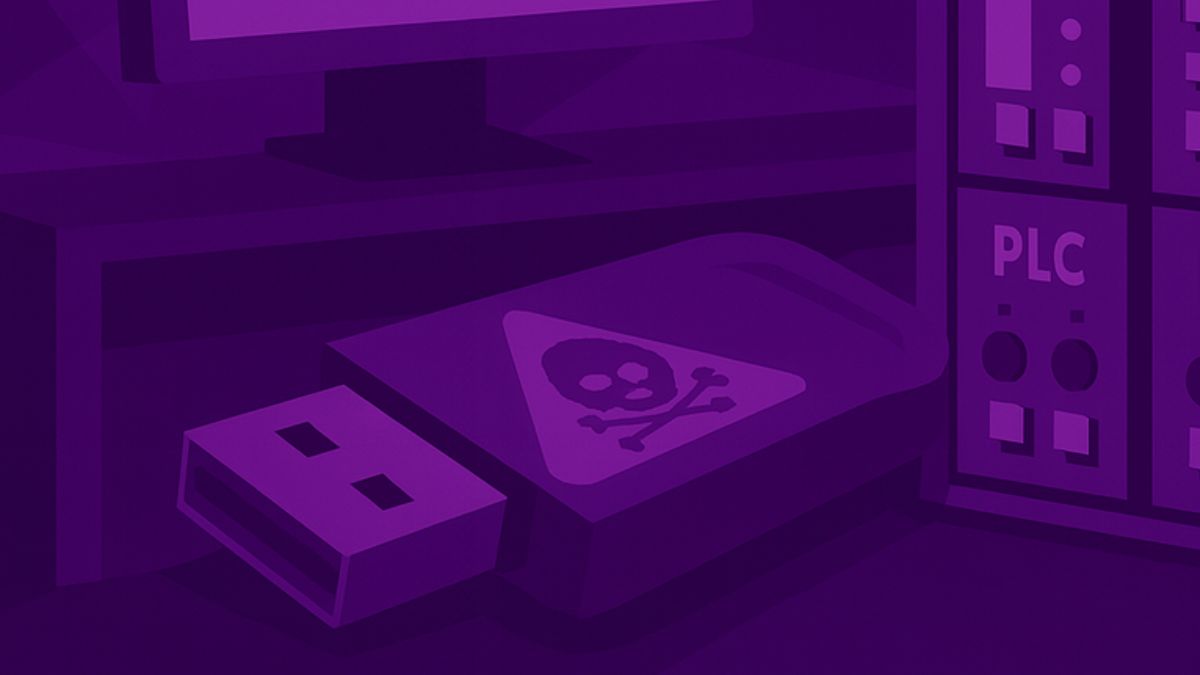Reza Rafati
-
CISA Adds Two Roundcube Flaws to KEV: What Organizations Must Do
CISA has added two actively exploited Roundcube vulnerabilities to its Known Exploited Vulnerabilities catalog. This post explains the risk, detection steps, and remediation guidance for admins.
·
·
2–3 minutes -
Cloud-Native Attacks: TeamPCP Industrializes Worm for Ransomware and Data Theft
TeamPCP, a sophisticated cybercrime group, has launched a worm-driven campaign targeting cloud-native environments, including Docker APIs, Kubernetes, and Redis. Exploiting misconf
·
·
7–10 minutes -
China-Linked UNC3886 Cyber Espionage Targets Singapore Telecom
China-linked APT UNC3886’s sophisticated cyber espionage against Singapore’s telecom sector highlights evolving nation-state threats to critical infrastructure, demanding executive
·
·
2–3 minutes -
Discord Launches Teen-by-Default Settings Globally
Discord introduces new teen-by-default settings globally, enhancing online safety for users aged 13+. Features include updated communication settings, content filtering, and age ve
·
·
2–3 minutes -
Dutch Police Hack iPhones: Unpacking Real-Time Surveillance Capabilities
Recent reports from AD and Security.NL reveal that Dutch police have employed advanced hacking techniques to gain real-time access to suspects’ iPhones. This unprecedented level of surveillance allows law enforcement…
·
·
3–5 minutes -
German Security Agencies Warn of State-Sponsored Phishing Attacks via Messenger Services
German security agencies issue a joint warning about state-sponsored phishing attacks targeting high-profile individuals via Signal and other messenger services, posing significant
·
·
2–3 minutes -
Alarm as Iran Detains Doctors Who Treated Protesters — What to Know
Reports say at least 32 Iranian doctors and nurses who treated protesters have been detained after January 8. Learn who’s affected, why medical neutrality matters, and how to help.
·
·
2–3 minutes -
Leaked Tasnim Memo Exposes IRGC Media Plan to Discredit Reza Pahlavi
A leaked Tasnim memo shows an IRGC-linked media plan to frame Iran’s protests as foreign-driven and discredit exiled Prince Reza Pahlavi. Analysis and practical takeaways.
·
·
2–3 minutes -
IRAN’S REGIME IS GETTING HACKED IN REAL TIME — AND THE 2026 REVOLUTION IS WATCHING
Iran’s 2026 uprising isn’t just happening in the streets anymore — it’s happening inside the regime’s own networks. And the Islamic Republic is losing hard. In a major digital strike,…
·
·
1–2 minutes







